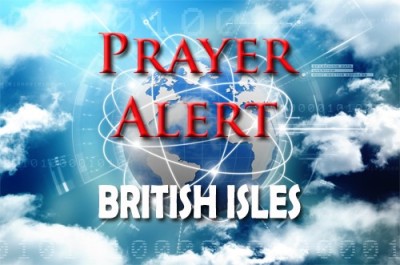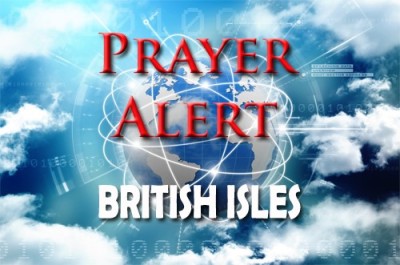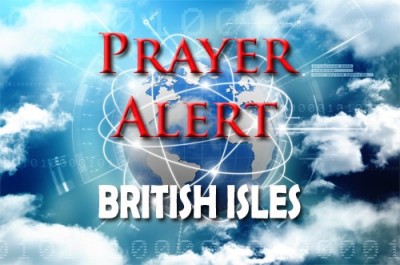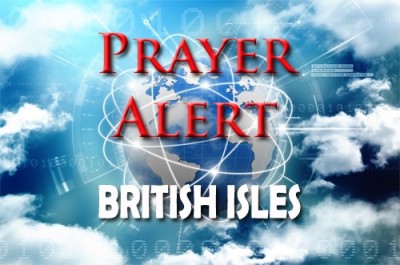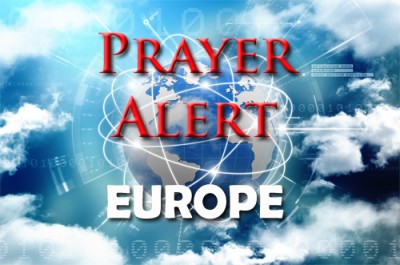The Government has announced a major new initiative to restore neighbourhood policing, aiming to rebuild public trust and enhance community safety. Under the Neighbourhood Policing Guarantee, 13,000 additional officers will be deployed by 2029 - an increase of more than 50%. Every neighbourhood will have named, contactable officers and guaranteed police patrols during peak times, ending the postcode lottery in law enforcement standards. Each police force will also appoint an antisocial behaviour lead to respond to local issues with tailored action plans. The initiative includes new powers through the Crime and Policing Bill to address antisocial behaviour, shoplifting, and phone theft. Retailers and hospitality leaders have welcomed the measures, recognising visible policing as essential for revitalising high streets and ensuring safe neighbourhoods across the UK.
Ofcom has launched its first investigation under the new Online Safety Act into a pro-suicide forum linked to at least fifty UK deaths. The anonymous website, which cannot be named for legal reasons, hosts disturbing content promoting suicide methods and substances - some linked to Kenneth Law, a Canadian cook charged with 14 counts of murder. The forum has tens of thousands of users, including children, and was instrumental in promoting Law’s deadly poison before his 2023 arrest. Families of victims are urging Ofcom to act swiftly, noting the site remains active and continues to attract vulnerable individuals. Campaigners like Melanie Saville, whose brother-in-law Joe died after visiting the site, have spent years lobbying for its closure. Though Ofcom now has the authority to fine platforms or seek court orders for removal, enforcement could prove difficult as the site is hosted in the USA. Campaigners warn that delay may cost more lives, while the forum’s operators claim censorship and are seeking cryptocurrency donations to keep the site open.
A new at-home saliva test assessing genetic risk has shown greater accuracy than the current PSA blood test in detecting prostate cancer, according to a major UK study. The spit test, which evaluates 130 genetic variants to calculate a polygenic risk score (PRS), was found to be more effective at identifying aggressive prostate cancers than traditional PSA testing. Led by Prof Ros Eeles at the Institute of Cancer Research in London, the study demonstrated that 40% of high-risk men flagged by the test were diagnosed with cancer, compared to 25% diagnosed through PSA testing. Moreover, the saliva test detected a higher proportion of aggressive cancers. This non-invasive, inexpensive tool could improve early diagnosis and reduce unnecessary treatments linked to false positives from PSA tests. Researchers are also developing updated versions of the test tailored for men of Asian and African heritage. While further research is needed to confirm long-term outcomes, experts hope the PRS test could soon revolutionise screening for men most at risk, offering better protection and peace of mind.
Around fifty Christians protested outside Norwood Primary School in Eastleigh, after the school cancelled its traditional Easter bonnet parade and church service. Headteacher Stephanie Mander informed parents that the decision aimed to foster an inclusive environment, opting instead for classroom lessons and craft activities about the meaning of Easter. Protesters accused the school of marginalising Christianity. Banners declared messages like 'Jesus is King' and 'Let’s cancel her’, referring to the headteacher. Protesters distributed Easter eggs and prayed collectively at the end of the demonstration. A smaller counter-protest of parents defended the school’s decision, citing concerns about promoting division and noting financial pressures on families that may have influenced the cancellation. Police were present, but no arrests were made. The event has reignited broader concerns among some Christians about feeling increasingly sidelined within educational institutions and society at large.
Germany's conservatives, led by Friedrich Merz, have formed a coalition with the Social Democrats, ending five months of political uncertainty. Merz, 69, promised strong leadership, reforms, and renewed international confidence, declaring, ‘Germany is back on track’. The coalition plans major investments in defence and infrastructure, made possible by reforms to strict debt rules. A key focus is controlling irregular migration and restoring voter trust. Despite pressure from the far-right AfD, which recently topped opinion polls, Merz promised to balance firm border policies with democratic values. The coalition also pledges increased military spending and voluntary service, following Sweden’s model. Boris Pistorius will remain as defence minister, ensuring continuity. Support for Ukraine and fulfilling NATO commitments are central to the agenda. While critics question the coalition’s ability to end the recession, Merz remains optimistic.
Benjamin Netanyahu has praised Hungary for its decision to withdraw from the International Criminal Court (ICC) during a four-day visit to Budapest, marking a rare foreign trip for him since the ICC issued an arrest warrant against him for alleged war crimes in Gaza. Prime minister Viktor Orban, a staunch ally of Netanyahu, condemned the ICC's warrant as politically motivated and announced Hungary's intention to leave the court. Israel has also rejected the ICC’s accusations, arguing that they were driven by antisemitism and undermined Israel's right to self-defence. Hungary, as a founding member of the ICC, is still technically bound by its commitments; the process of withdrawal will take about a year. Other European countries are split on the validity of the warrant: some have expressed legal doubts. Netanyahu left on 6 April for Washington: the USA is not a member of the ICC, and neither are China or Russia.
Donald Trump is intensifying his efforts to address Iran’s nuclear ambitions. After withdrawing from the 2015 nuclear deal (JCPOA), he reimposed sanctions, citing Iran's support for militias like Hamas and Hezbollah. Iran has subsequently ignored some of the deal's restrictions and enriched more and more uranium nuclear fuel: analysts fear it could soon be capable of making a nuclear warhead. Trump has reinstated his ‘maximum pressure’ strategy, imposing additional sanctions, but he has now agreed to direct discussions between US and Iranian officials in Oman. However, the USA is demanding full dismantlement of Iran's nuclear programme, a request Tehran will find difficult to accept. Iran’s hardliners view nuclear deterrence as essential, and past negotiations show how challenging these discussions can be. Israel insists on the complete dismantling of Iran’s nuclear capacity, while military action remains a possibility if talks fail.
On 9 April Israel carried out an airstrike in northern Gaza, reportedly killing a senior Hamas commander, Haitham al-Sheikh. The IDF said the operation targeted a high-ranking terrorist and said there were multiple measures to minimise civilian casualties. However, Palestinian sources reported at least 23 killed, including women and children, though the numbers remain unverified. Local accounts described missiles striking a building near tents housing displaced families. Hamas condemned the strike as a ‘massacre’, while Palestinian Islamic Jihad also denounced the attack. Al-Sheikh is the third commander of the battalion killed since the war began in October 2023. His predecessors, Wisam Farhat and Jamil Amar Wadia, were also eliminated in IDF operations. Meanwhile, the World Food Programme is desperately short of funding for its aid programme in Gaza: see
